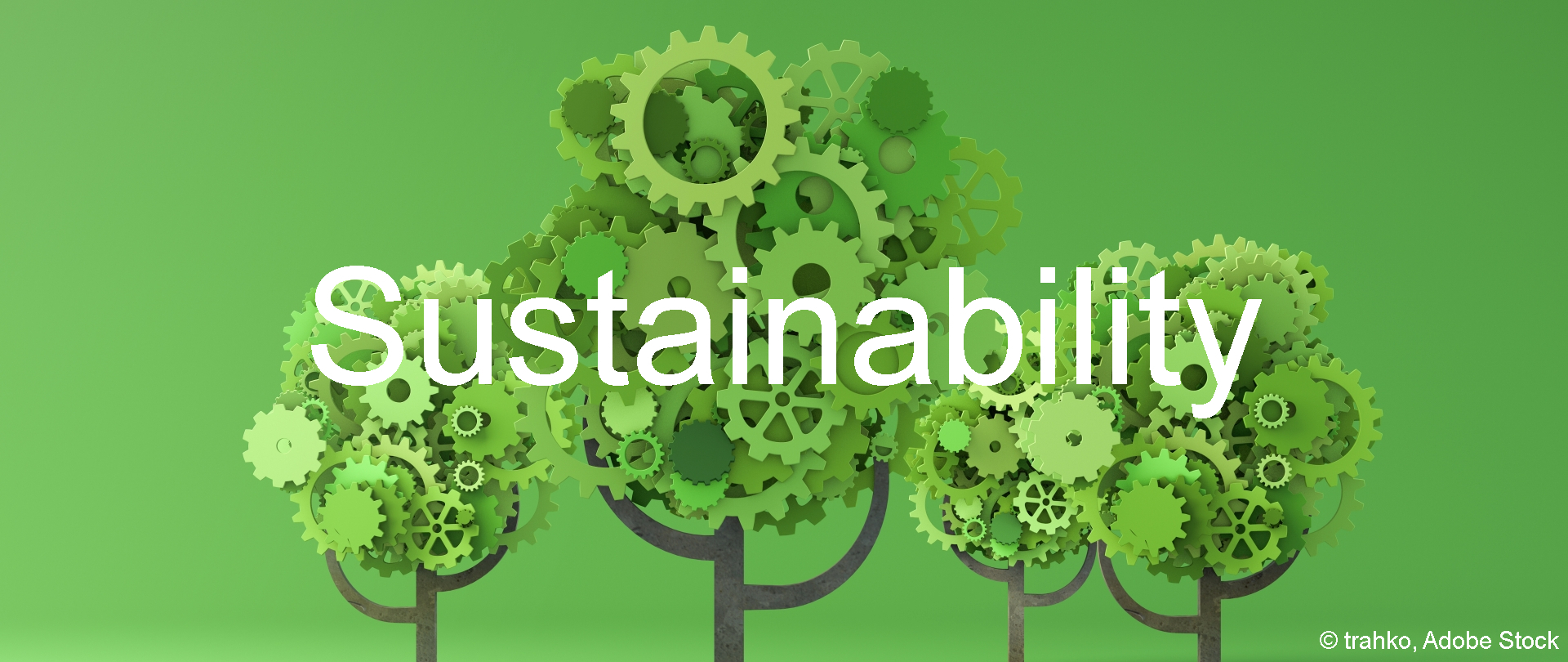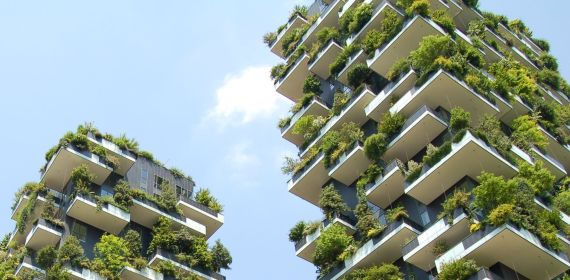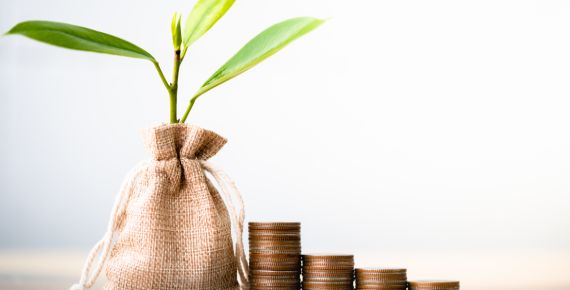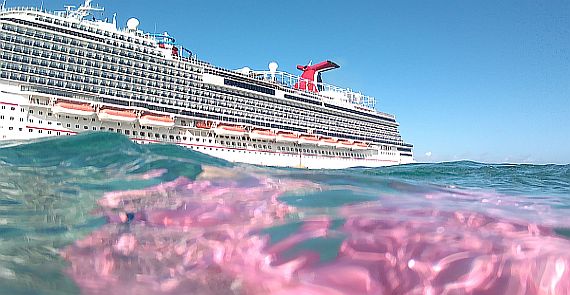
News & Stories
Wiesbaden. Guests' desire for more sustainability is having an increasing impact on tourism. In focus today: travel behavior, sustainable meetings, Hamburg Card Green, Mediterranean waste, waste avoidance at Radisson and TUI, transformation of traffic in large cities.
London. Invesco Real Estate, IHG, Event Hotels and the consulting firm Longevity have joined forces to collectively address the need to tackle climate change. This is the first time that an investor, owner and operator publically commit themsevles to work collaboratively on key sustainability issues.
Brussels. By 2050, Europe is to be the first continent to be climate-neutral. For this reason, the EU wants to bring order into the certification jungle and give the cradle-to-cradle system a boost, making it a general principle. Greenwashing is also severely criticised. All this also affects the hotel industry.
Munich. Serviced Apartments are more flexible, individual and closer to the guest than classic hotels. But are they also more sustainable? Developers and operators of long-stay offers are convinced that they are. Most are still working on their breakthrough strategies and would like to see greater commitment and collaboration from investors. Current developments could now bring a breath of fresh air ...
Berlin/Brussels. In the context of the announced "European Green Deal", the EU presented the corresponding investment plan in Brussels on Tuesday. Now, the Zentraler Immobilien Ausschuss expects investments in Germany of roughly 100 billion euros in buildings and installation engineering by 2030.
London. The hotel industry has grown by almost 20% worldwide over the course of the last ten years. Two million new hotel rooms place further pressure on the sector's sustainability. With these facts in mind, a new study by the hotel chain association ITP/International Tourism Partnership and IFC/International Finance Corporation urges investors in particular to focus on sustainable construction. And discussions with operators about who invests and who benefits from savings can be resolved through "green contracts". A new, intensive appeal to the industry.
Augsburg. Sustainability becomes part of everyday life. The following news flashes show the latest news: Fridays for Future's photo protest / Blue Angel also for software / SV Group helps the chicken / Meliá: Less CO2 through Blockchain.
Hamburg/Berlin. Cruise shipping will grow by 250 percent by 2050. Air traffic will quadruple. The business developing around compensating their emissions has taken on a dynamic all of its own, yet at the same time has come under increasing criticism. Voluntary commitments are no longer enough. Greater regulation, more pressure is needed. Expert voices are getting louder and clearer. Hoteliers should listen, as these voices will also penetrate their market.
Madrid. Experts assume that traffic-related CO2 emissions from tourism will continue to increase until 2030. At the same time, as the sector makes progress in achieving low-carbon travel, emissions per passenger kilometer might decline over the coming decade. Nevertheless experts say: It's not enough!
Brussels. 47 of Carnival Corporation's ships docked in Europe, release 10 times more sulphur than all the passenger cars in Europe. This is one shocking finding of recent study about cruise ships. They are heavy polluters. Cruising, a fast-growing segment of the European leisure travel industry is set to fall under some strict regulations regarding anti-pollution standards, which will no doubt raise costs substantially for operators.




